A happy synchronicity - had no idea that had been posted, but off to upvote @MC_Lovecraft@lemm.ee.
Agreed - May as well make this a double feature.
I agree. I'm probably gonna post this to the !13thFloor@kbin.social with more of a synopsis another night, but here's an early screening for you.
Wut?
The internet archive lit the fire, or whomever posted the video collection did. I just found the smoke, and invited y'all around the campfire. There's no need get snippy, Zorak.
Shhhhh.... the corpodrones will hear you. They haven't relinquished the copyright - they've been hunting Space Ghost to extinction everywhere on the internet.
Seriously though, licensing and an aggressive anti-piracy campaign have pretty much wiped Space Ghost from most places online, and the daft motherfucker is a cultural icon. So it sure sure is great that the Internet Archive, knowing it's days were numbered, absolutely doesn't have a full download link for all the episodes in the lower right hand panel so you glorious bastards can do what you do best and make sure it doesn't get locked away behind a corporate paywall or vault for the next 30 years... because that would be illegal and wrong and cost a couple of pennies to the assholes who have every writer in Hollywood out on the street striking.
In fact, I'd say recent developments towards the centralization, sterilization and capitalization of our culture have become so extreme that subversive action is not just justified, but inevitable at this point.
In other words, surf's up, mateys! Time to ride the waves and sail the high seas again... Space Ghost needs our help!

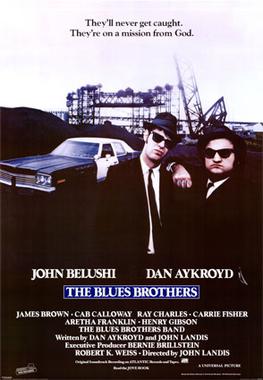
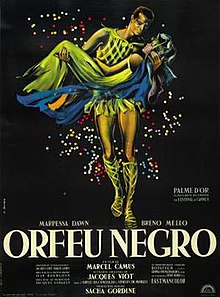
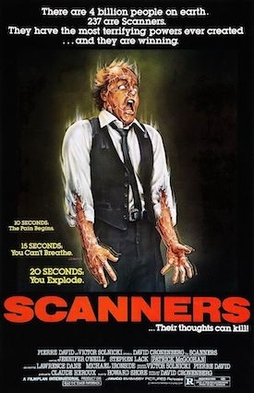
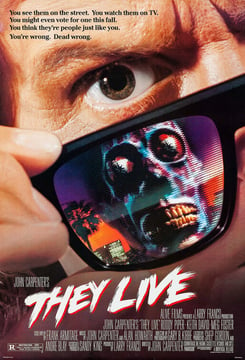
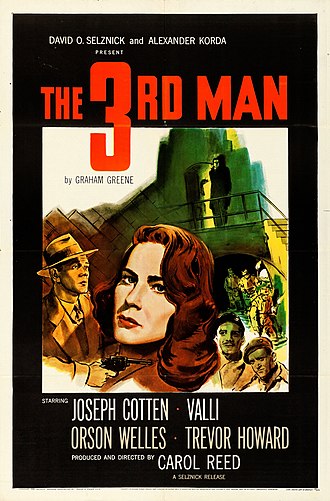
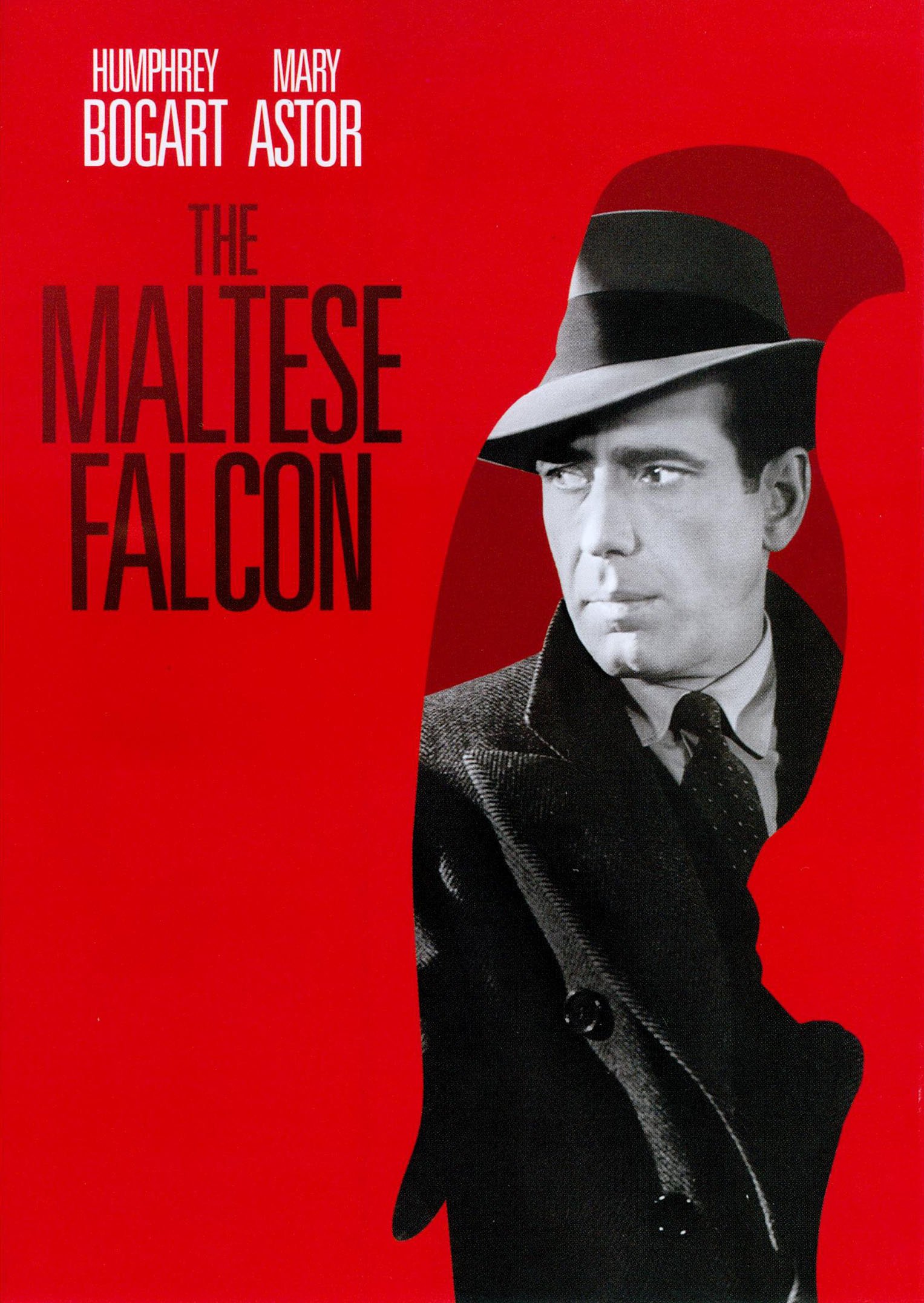
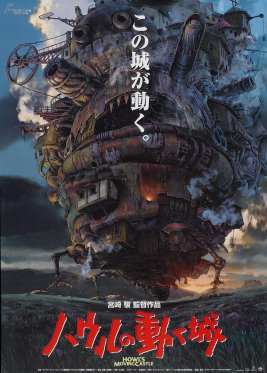
@jerzydyd@mastodon.social - I felt the same - I couldn't put them down as a kid. It's definitely got some 70s era prejudice in how it was written, and in the strict cultural divisions based on race and religion that it portrays, but I never felt that it was overtly or deliberately racist - rather the author portraying a barbaric world ruled by gods who were very close at hand and fiercely protective of their people. I still get chills remembering the god Mara wailing in the ruins for the slaughtered Maragor.